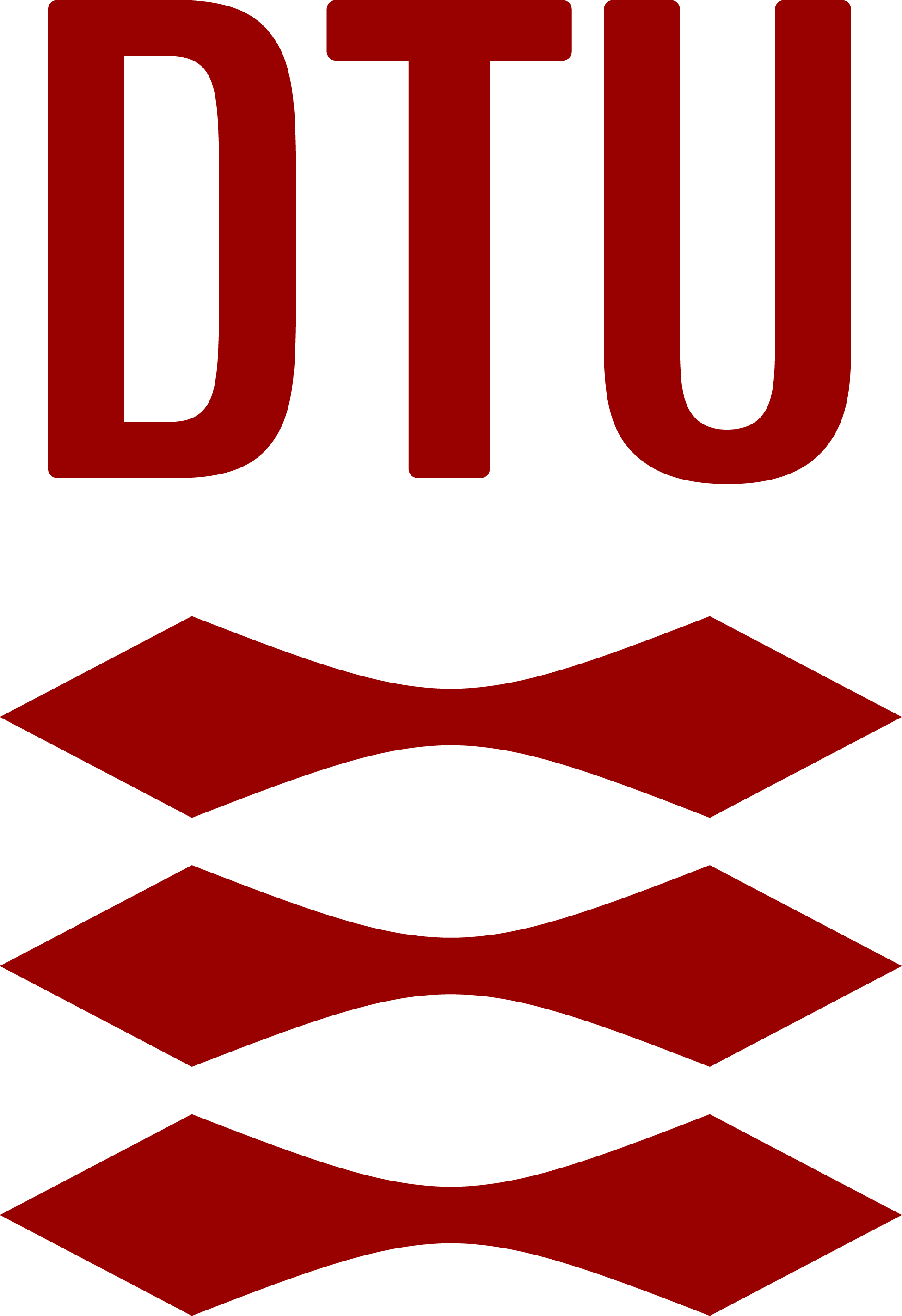Over deze cursus
In this course, the student will get an introduction to Density Functional Theory (DFT) as one of the most used computational tools to study fundamental processes in materials for energy conversion and storage (batteries, nanocatalysts, fuel cells, photovoltaics, etc.). In the first half of the course, the students will learn the basics of the atomistic description of materials and electronic structure and the fundamentals of DFT. The second part is more practical. The students will first learn which properties can be calculated using DFT, how to bridge these quantities with the measured properties from experiments, and how to implement methodologies to automate and accelerate the design of novel materials. The course focuses on applying DFT through dedicated exercises, with limited technical details about the methodology used.
Leerresultaten
A student who has met the objectives of the course will be able to: , • Describe the basics of computer simulations with a focus on Density Functional Theory and the quantities that can be calculated , • Describe the physics behind key applications for energy materials , • Interpret and adapt computer scripts for calculating physical properties of materials , • Identify descriptors for an accelerated materials discovery approach , • Create links between experimental results and simulations , • Apply high-throughput techniques to a given data set to find novel materials , • Perform atomic scale computer simulations of identified materials for energy applications , • Identify problems and solutions related with computer simulations and materials discovery.
Cursus inschrijving
The course is an e-learning course composed of lectures, exercises, and a final project. The organised teaching activities run from 10.00 to 12.00. Time for individual/group work is flexible.
Toetsing
Oral examination consisting of questions on the project report and course curriculum.
Voorkennis
Basic concepts from physics and chemistry
Activiteiten
The course combines lectures with tutorials and computational exercises. The examples will cover different applications within energy conversion and storage challenges.
Aanvullende informatie
- Locatie instellingAnker Engelunds Vej 1, Online
- Meer infoCursuspagina op de website van Technical University of Denmark
- Neem contact op met een coordinator
- StudiepuntenECTS 5
- NiveauMaster
- Contact uren per week4
- InstructeursIvano Eligio Castelli, Piotr de Silva
- InstructievormOnline - at a specific time
Aanbod
Startdatum
7 februari 2025
- Einddatum12 mei 2025
- Periode *Spring 2025
- LocatieOnline
- Voertaal
Inschrijvingsperiode gesloten
